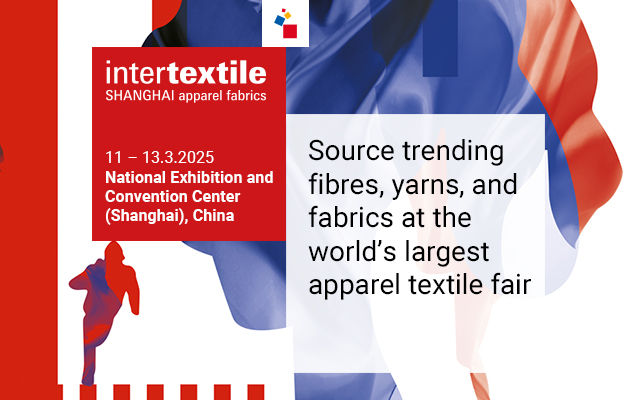Many free trade agreements have remained widely in the news in recent times. The Trans Pacific Partnership (TPP) pact that involves many developed countries like USA, Canada, Australia, New Zealand, etc., and many developing countries like Vietnam, Chile, Brunei Darussalam, etc., has also been much talked about. It is expected to boost trade between the participating countries if signed. But it may also cause job losses in the developed economies to a certain extent. This pact has forced experts to think hard about it.
The North American Free Trade Agreement (NAFTA) is another popular free trade agreement in the world of textiles. It targets smooth trade between Canada, Mexico, and the USA. It has boosted the overall economy of the three countries considerably. Similarly, the free trade agreement between the Association of South East Asian Nations (ASEAN) has enabled the countries to have immense textile production inside the region and attract huge foreign investments. Free trade does profit the economy of the participating nations undoubtedly. This is the reason it is supported by the majority in the world.
These agreements largely benefit the corporate houses. Corporate houses get to source their manufacturing work for cheap into other countries. They also get better deals in terms of raw materials and machineries. They can then export their manufactured products, and thus find easy markets as well. It has been observed that corporate houses are largely in support of free trade agreements in the textile industry. But there have been cases of corporate houses taking advantage of these policies. Business ethics are compromised at certain times for profit.
Critics of free trade have arguments in opposition to these policies. They believe that the concept of ethical sourcing is overlooked for profits by corporate houses. They tie up with offshore factories to manufacture clothes and textile products for them. But these factories or units hardly offer the required working conditions to offshore laborers. The laborers are made to work in harsh environmental conditions for hours together. They are not remunerated properly. Safety measures are compromised a majority of the time in these factories. A term 'sweatshops' has been coined to describe such factories.
Several big names in the textile industry have been brought to the limelight for their role in unethical sourcing. Ralph Lauren, a popular clothing brand, entered into a controversy during Olympics, 2012. Experts criticized them for making US Olympic uniforms in the sweatshops of China. US Senator Harry Reid went to the extent of saying that all the Olympic outfits made by Ralph Lauren should be taken, put in a bag pile, and burnt and started all over again. Unethical sourcing practiced by many other textile manufacturing and retailing giants has also received immense negative publicity in the past.
This is the reason some economists advise against free trade policies. Generally, corporate giants from developed economies benefit considerably by free trade policies. This is acceptable to the majority as long as there is no issue of unethical sourcing. If laborers in distant countries are given just wages for their efforts and suitable working conditions and jobs in the developed economies are not tampered with, free trade is likely to be encouraged by majority.
The locations where these manufacturing jobs are outsourced to by textile manufacturers are mostly distant countries. They have a developing economy in majority of the cases. Cheap labor can be found in abundance in these countries. Workers would be willing to work for extremely low wages owing to low standards of living. Corporate houses many times cash in on this fact. They deny the workers their just wages. Laborers cannot protest because they have to earn livelihood for their family and themselves. Protesting may lead to job loss.
These practices can also lead to an imbalance in the economies of both the participating countries. If the manufacturing work is not sourced responsibly, job losses can occur in huge numbers inside the developed country. Besides, the working conditions in the developing countries to which the work is outsourced may also remain poor. Ethical sourcing has become a matter of concern in the global textile industry. Human rights activists protest against these actions taken by textile manufacturing units and retailers.
Free trade is considered to be a part and parcel of capitalism by many. It has been observed that western countries usually promote free trade and capitalism. Free trade in the global textile industry is acceptable to many in the western countries, though there is a certain sect of people who believe that it actually harms their economy. Mixed opinions prevail about free trade in the global textile industry. This is true for the developing countries of east, as well. It cannot be exactly judged if free trade is advisable in the textile business or not!
A code in textile trade that promotes free trade up to a certain extent may prove beneficial. Free trade has remained a topic of debate in the global textile industry for centuries. It is still a matter of debate. It has two sides to it. There are people who advise in favor of it, and there are others who advise against it. Academic views are mostly in favor of free trade, at present. This concept may gain pace in the coming years, as the world textile industry is becoming smaller with growth in information and technological innovations.
References:
1. Wikipedia.org
2. Usliberals.about.com
3. Bloomberg.com
Image Courtesy:
1. Theguardian.com














Comments